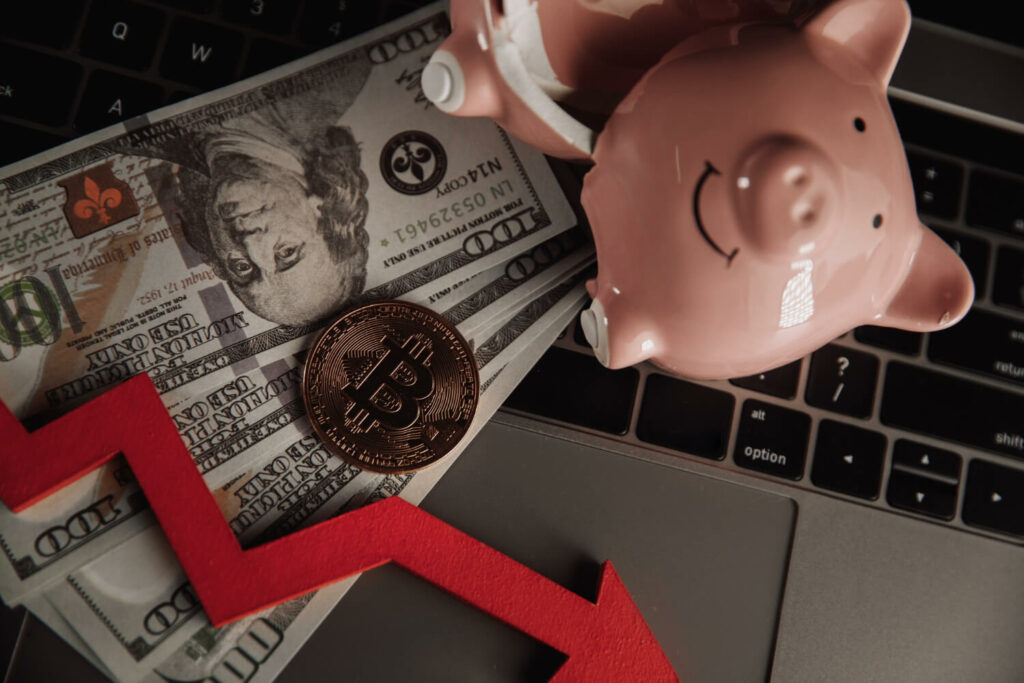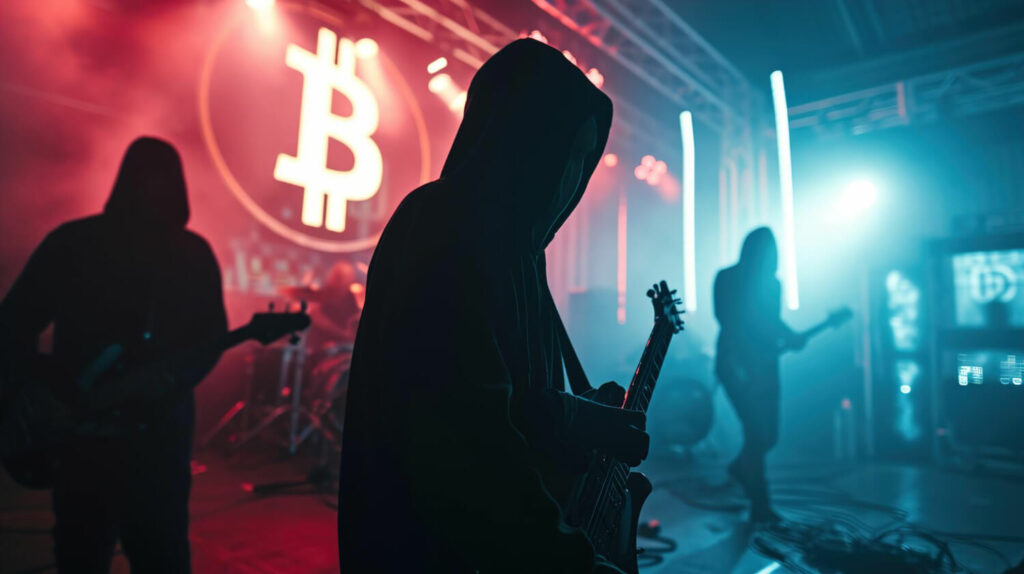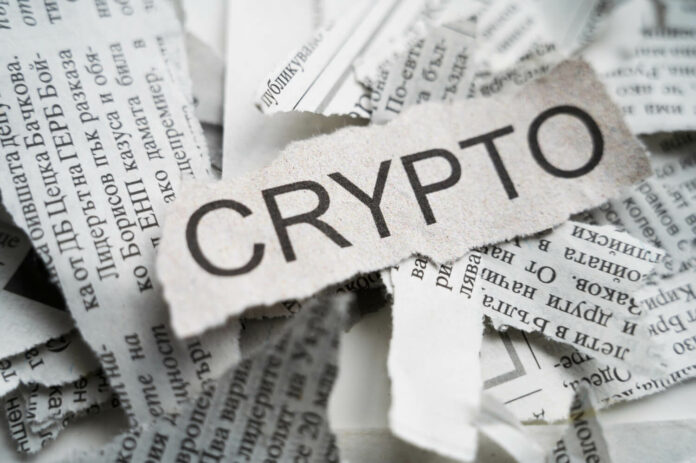Fake crypto exchanges are fraudulent platforms that pose as legitimate trading venues but have the sole intention of deceiving users.
These exchanges often mimic the look and feel of reputable platforms, making it difficult for inexperienced users to differentiate between genuine and fake exchanges. This is one of the disadvantages of investing in crypto, because who would want their hard work to be stolen?
They typically offer services such as buying, selling, and trading cryptocurrencies, but instead of facilitating legitimate transactions, they aim to steal funds, personal information, or both. In the following, we will give you a list of fake crypto exchanges and how did they get discovered.
What are the Characteristics of Fake exchanges?
The characteristics by which you can recognize fake exchanges are:
- Impersonation of Reputable Platforms: They often clone or closely mimic the websites of well-known exchanges to appear trustworthy.
- Too-Good-To-Be-True Offers: They lure users with promises of high returns, low fees, or exclusive bonuses.
- Lack of Regulation and Transparency: They usually operate without proper regulatory oversight and provide little to no information about their team or location.
- Poor Security Practices: They may lack proper security measures, making it easy for hackers to breach and steal user funds.
Common Tactics Employed by Fraudulent Exchanges
Fake crypto exchanges use a variety of deceptive tactics to lure unsuspecting victims:
- Phishing: They send emails or messages that appear to come from legitimate exchanges, directing users to fake websites where they are tricked into providing login details.
- Spoofed Websites: They create websites that look almost identical to those of real exchanges, often using slightly altered URLs.
- Fake Reviews and Endorsements: They publish fake testimonials and reviews to build a facade of legitimacy.
- Pump and Dump Schemes: They artificially inflate the price of a cryptocurrency to entice investments before selling off their own holdings and disappearing with the funds.
- Fake Support and Customer Service: They set up fake support channels to reassure users and convince them to make deposits.
Risks Associated with Trading on Fake Exchanges

Engaging with fake crypto exchanges can lead to severe consequences:
- Financial Loss: Users risk losing all deposited funds, as these platforms are designed to steal money.
- Identity Theft: Providing personal information to these exchanges can result in identity theft.
- Malware Infections: Fake exchanges might prompt users to download malicious software that can compromise personal devices.
- Legal Troubles: Using unregulated platforms can lead to legal issues, as many countries have strict laws regarding cryptocurrency trading and exchanges.
Red Flags to Look For
Identifying potential red flags can help avoid falling victim to fake crypto exchanges:
- Unverified Team Information: Lack of information about the team behind the exchange.
- No Physical Address: Absence of a verifiable physical address or office location.
- Unrealistic Promises: Offers of guaranteed returns or exceptionally low fees.
- Poor Website Design: Low-quality website design and broken links.
- Lack of Licensing Information: No mention of regulatory licenses or oversight.
List of Fake Crypto Exchanges
Identifying specific fake crypto exchanges can help users stay vigilant. Below is a list of some well-documented fraudulent platforms that have scammed numerous users:
- BitKRX:
- Description: BitKRX posed as a subsidiary of KRX, South Korea’s official stock exchange. It deceived users by leveraging the credibility of the genuine stock exchange.
- Tactics Used: Fake affiliations, cloned website.
- Outcome: The exchange was exposed, leading to significant financial losses for its users.
- Mt. Gox:
- Description: Once the largest Bitcoin exchange, Mt. Gox was notorious for its massive security breaches and eventual bankruptcy.
- Tactics Used: Poor security measures, misleading communication.
- Outcome: Users lost approximately 850,000 Bitcoins, highlighting the importance of exchange security.
- BTC-e:
- Description: BTC-e was involved in extensive money laundering activities and lacked transparency in its operations.
- Tactics Used: Lack of regulation, opaque business practices.
- Outcome: The exchange was shut down by authorities, and users faced significant losses.
- Cryptsy:
- Description: Cryptsy was a U.S.-based exchange that abruptly shut down, citing hacking as the cause, though evidence suggested internal fraud.
- Tactics Used: Misleading information, embezzlement.
- Outcome: Users lost millions, and legal actions were taken against the exchange operators.
- Coinsmarkets:
- Description: Coinsmarkets disappeared overnight, taking all user funds with it.
- Tactics Used: Sudden closure, no prior warnings.
- Outcome: The exchange vanished without a trace, leaving users with no recourse for their lost funds.
Tools and Resources for Verification
To safeguard against fake crypto exchanges, various tools and resources can be used to verify the legitimacy of a platform:
- Regulatory Check:
- Description: Verify if the exchange is registered with relevant financial authorities.
- Tools: Websites of financial regulatory bodies, such as the SEC in the U.S. or FCA in the UK.
- Community Reviews:
- Description: Look for reviews and feedback from other users within the cryptocurrency community.
- Tools: Forums like Bitcointalk, Reddit, and Trustpilot.
- Security Audits:
- Description: Check if the exchange has undergone third-party security audits.
- Tools: Reports from cybersecurity firms.
- Domain Verification:
- Description: Verify the age and registration details of the exchange’s domain.
- Tools: WHOIS lookup services.
- Two-Factor Authentication (2FA):
- Description: Ensure the exchange offers robust security features such as 2FA.
- Tools: Exchange security settings.
Tips and Best Practices for Protecting Yourself

To protect yourself from falling victim to fake crypto exchanges, consider the following best practices:
- Do Your Research:
- Description: Thoroughly research any exchange before making deposits.
- Action: Read reviews, check regulatory status, and look into the team behind the exchange.
- Use Reputable Platforms:
- Description: Stick to well-known and established exchanges.
- Action: Use exchanges that are widely recognized and have a track record of reliability.
- Enable Security Features:
- Description: Take advantage of all security features offered by the exchange.
- Action: Enable 2FA, use strong passwords, and monitor account activity regularly.
- Avoid Unrealistic Offers:
- Description: Be wary of exchanges offering deals that seem too good to be true.
- Action: Stay away from platforms promising guaranteed returns or extremely low fees.
- Stay Informed:
- Description: Keep up with the latest news and updates in the cryptocurrency space.
- Action: Follow reputable news sources and join cryptocurrency communities.
Tools and Resources for Verification
Importance of Verification
Verifying the legitimacy of a cryptocurrency exchange is crucial in protecting yourself from fraud and financial loss. Here are some essential tools and resources that can help you determine if a crypto exchange is genuine.
Regulatory Check
- Financial Authorities:
- Description: Ensure the exchange is registered and regulated by relevant financial authorities.
- Tools:
- SEC (U.S.): The U.S. Securities and Exchange Commission’s website provides information on registered entities.
- FCA (UK): The Financial Conduct Authority in the UK maintains a register of authorized firms.
- ESMA (EU): The European Securities and Markets Authority offers regulatory guidance and lists authorized firms.
- Action: Visit these websites and search for the exchange to verify its regulatory status.
Community Reviews
- Cryptocurrency Forums:
- Description: User feedback from forums can provide insights into the reliability and reputation of an exchange.
- Tools:
- Bitcointalk: A popular forum where users discuss their experiences with various exchanges.
- Reddit: Subreddits like r/cryptocurrency and r/bitcoin often contain user reviews and warnings.
- Trustpilot: A review site where users rate and review their experiences with different services, including crypto exchanges.
- Action: Read through multiple reviews to get a balanced perspective.
Security Audits
- Third-Party Security Audits:
- Description: Exchanges that undergo regular security audits by reputable cybersecurity firms are generally more trustworthy.
- Tools:
- CertiK: A firm specializing in blockchain security that publishes audit reports.
- Hacken: Provides cybersecurity services and audit reports for crypto exchanges.
- SlowMist: Offers security audits and has a list of exchanges they’ve audited.
- Action: Look for audit reports on the exchange’s website or contact the exchange directly to ask for proof of recent audits.
Domain Verification
- WHOIS Lookup:
- Description: Check the age and registration details of the exchange’s domain to spot any red flags.
- Tools:
- WHOIS.net: Provides detailed information about domain registration.
- DomainTools: Offers domain lookup services and historical data.
- Action: Enter the exchange’s URL into these tools to see when the domain was registered and who owns it.
Two-factor authentication (2FA)
- Security Features:
- Description: Ensuring the exchange offers and encourages the use of 2FA can significantly enhance your account’s security.
- Tools:
- Authy: A popular 2FA app that supports multiple platforms.
- Google Authenticator: Widely used for generating 2FA codes.
- YubiKey: A hardware-based 2FA solution for enhanced security.
- Action: Set up 2FA on your account using one of these tools and make it a habit to use it for all logins.
Enhanced Security Measures
- Strong Passwords:
- Description: Use complex and unique passwords for your exchange accounts.
- Action: Create passwords that combine upper and lower case letters, numbers, and special characters. Avoid using the same password across multiple platforms.
- Password Managers:
- Description: Use a password manager to securely store and generate strong passwords.
- Tools:
- LastPass: It is a popular password manager that stores and generates passwords.
- 1Password: Another widely used password manager with robust security features.
- Dashlane: Provides password management and additional security tools.
Regular Monitoring
- Account Activity:
- Description: Regularly monitor your account activity for any unauthorized actions.
- Action: Set up alerts for suspicious activities and review your account logs frequently.
- Withdrawal Limits:
- Description: Set withdrawal limits on your accounts to minimize potential losses in case of unauthorized access.
- Action: Adjust settings within your account to impose daily or transaction-based withdrawal limits.
Legal and Regulatory Awareness
- Regulatory Compliance:
- Description: Ensure the exchange complies with local regulations and global best practices.
- Action: Verify the exchange’s regulatory status with local authorities and check for any legal actions or complaints filed against it.
- Legal Recourse:
- Description: Understand your rights and legal options in case of fraud or disputes.
- Action: Familiarize yourself with local laws regarding cryptocurrency and the procedures for reporting fraud.
Diversification and Risk Management
- Diversify Investments:
- Description: Spread your investments across multiple exchanges to mitigate risk.
- Action: Avoid putting all your funds in a single exchange. Use a combination of hardware wallets, software wallets, and multiple exchanges.
- Risk Assessment:
- Description: Regularly assess the risk profile of the exchanges you use.
- Action: Evaluate the security measures, user reviews, and overall reputation of each exchange periodically.
Staying Informed
- Continuous Learning:
- Description: Stay updated with the latest trends, threats, and best practices in cryptocurrency.
- Action: Follow cryptocurrency news websites, participate in webinars, and join online communities.
- Networking:
- Description: Engage with the cryptocurrency community to share experiences and gather insights.
- Action: Join forums, attend meetups, and participate in online discussions.
You can significantly reduce the risk of becoming a victim of fake crypto exchanges by following these tips and best practices. Being proactive and vigilant is important to protect your investments in the dynamic and often volatile world of cryptocurrency.
FAQ
How can I verify if an exchange is legitimate?
To verify if a cryptocurrency exchange is legitimate:
- Check for Regulatory Compliance: Look for registration with financial authorities like the SEC (U.S.), FCA (UK), or ESMA (EU).
- Read User Reviews: Visit forums like Bitcointalk, and Reddit, and review sites like Trustpilot.
- Look for Security Audits: Ensure the exchange has been audited by reputable cybersecurity firms.
- Verify Domain Information: Use WHOIS lookup to check the domain registration details.
What should I do if I suspect an exchange is fraudulent?
If you suspect an exchange is fraudulent:
- Cease All Transactions: Immediately stop any ongoing transactions.
- Withdraw Funds: If possible, withdraw your funds from the exchange.
- Report to Authorities: Report the exchange to relevant financial authorities and local law enforcement.
- Warn the Community: Share your experience on cryptocurrency forums and social media to alert others.
Are there any government agencies that oversee cryptocurrency exchanges?
Yes, several government agencies oversee cryptocurrency exchanges:
- In the U.S.: The Securities and Exchange Commission (SEC) and the Commodity Futures Trading Commission (CFTC) regulate cryptocurrency exchanges.
- In the UK: The Financial Conduct Authority (FCA) oversees cryptocurrency exchanges.
- In the EU: The European Securities and Markets Authority (ESMA) provides regulatory oversight.
- Globally: Many countries have their own regulatory bodies, so it’s important to check local regulations.
Can I get my money back if I’ve been scammed by a fake exchange?
Recovering funds from a fake exchange can be challenging:
- Report to Authorities: File a complaint with local law enforcement and financial regulatory bodies.
- Seek Legal Advice: Consult with a professional lawyer who specializes in cryptocurrency fraud.
- Community Support: Share your experience with the cryptocurrency community for potential guidance and support.
- Chargebacks: If you used a credit card, you might be able to request a chargeback from your bank.
What are some warning signs of potential scams in the cryptocurrency market?
Warning signs of potential scams in the cryptocurrency market include:
- Unrealistic Promises: Guaranteed high returns or exceptionally low fees.
- Lack of Transparency: No information about the team, location, or regulatory compliance.
- Poor Security Measures: Absence of 2FA and other security features.
- Phishing Attempts: Emails or messages directing you to suspicious websites.
- Fake Reviews: Numerous overly positive reviews or testimonials that seem too good to be true.
By staying informed and following best practices, you can navigate the cryptocurrency market more safely and confidently.




